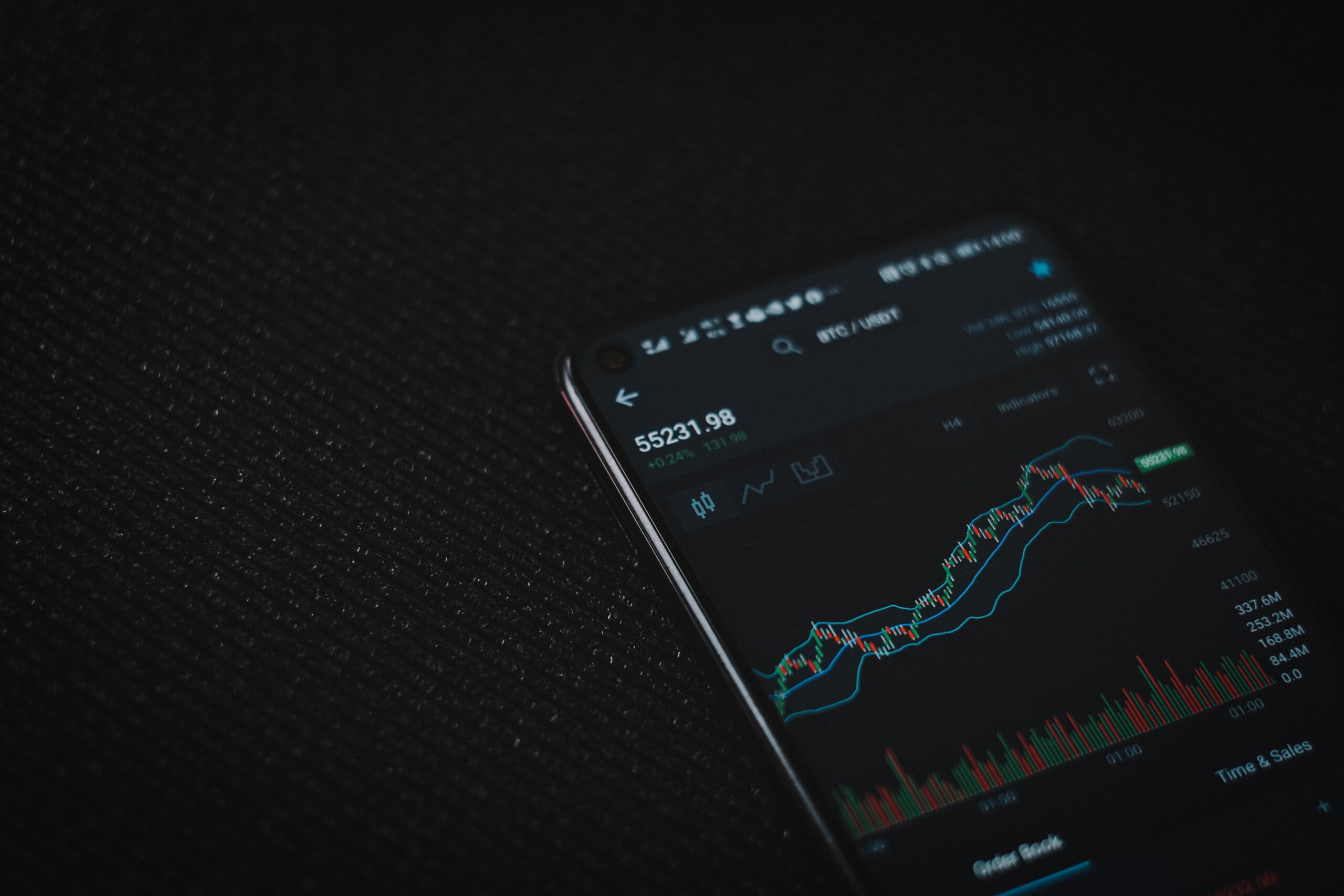What makes bitcoin so valuable in the cryptocurrency industry?
Bitcoin’s value comes from its usefulness as a payment method for everyday transactions, the same way precious metals are used in the economy. A currency needs to be accepted by those who need to spend it. For example, if spending US dollars was illegal, nobody would accept US dollars as a means of exchange or […]

Bitcoin’s value comes from its usefulness as a payment method for everyday transactions, the same way precious metals are used in the economy. A currency needs to be accepted by those who need to spend it. For example, if spending US dollars was illegal, nobody would accept US dollars as a means of exchange or store of value. To efficiently trade Bitcoin, you must use a reliable trading platform such as Bitcoin Era
Thus, whether you have Bitcoin as an asset or use it for payments is less critical. The real value comes from its use in commerce with other commodities and services. Additionally, the fact that it is not possible to counterfeit Bitcoin makes it more valuable than other cryptocurrencies that are more easily duplicated and re-circulated, making it less valuable than Bitcoin.
Because it is possible to hold Bitcoin as an asset and not use it, the cryptocurrency is unique from other forms of money and helps increase its value. Bitcoin is used as a currency regardless of whether you buy goods or services or hold Bitcoin for investment purposes. If people limited the number of Bitcoins to the same amount that has already been mined, then there would be little reason for anyone to use them as a currency. However, since many Bitcoins have yet to be claimed on the blockchain, there is still room for use and eventual appreciation in value.
Utility:
But those bitcoins are worth a great deal today, or people wouldn’t have traded them for dollars, euros, and yen. The current value of Bitcoin is not due to some inherent value in the currency itself. Instead, perceived value leads to new layers of usefulness on top of its core function as a secure, digital medium of exchange.
Bitcoin’s utility also comes from the fact that it offers a degree of anonymity during transactions, which can be considered positive or negative depending on how you use it. While US dollar bills have serial numbers and their movements can be tracked easily, Bitcoin transactions are anonymous and cannot be tracked.
Scarcity:
However, as a general rule, the rare an asset is, the more valuable it is likely to be. And although the number of Bitcoins that people will ever mine into existence is finite – set at 21 million – users may ever claim only a tiny percentage of those Bitcoins.
Its cryptographic system prevents anyone from being able to spend Bitcoin twice or to counterfeit them, thus proving its value in the marketplace. Its success has led to a surge in popularity for many other cryptocurrencies on the market and increased interest, especially among institutional investors.
Marginal Cost of Production:
Because it is a digital asset, there is no need for physical tokens to be made or distributed. It means that there are no production costs involved in creating a Bitcoin.
However, the cryptographic algorithms that secure the transactions and make it possible for third parties to verify them also require electricity and computing power. The energy used to create bitcoin could rival the world’s most enormous energy consumption rates, but its production is not entirely wasteful. Moreover, the marginal cost of generating a single bitcoin will likely decline over time because of increasing computer efficiencies.
This marginal cost of production provides an alternative way of seeing Bitcoin’s utility value as a source of alternative energy. However, it is challenging to quantify Bitcoin’s value because it hasn’t been used as a savings instrument for thousands of years, unlike gold.
Monetarist Theories:
Bitcoin was created with the help of cryptography, so it is not surprising that it shares some traits with precious metals. The Bitcoin protocol is a series of encrypted codes that control the creation and transfer of Bitcoins according to a set algorithm. As long as this algorithm continues to be used, Bitcoins will be produced at a fixed rate, much like gold continues to be mined at a specific rate. Therefore, the rising price of Bitcoin produces more bitcoins than the current production rate could be created. It increases its value by giving it more real use-value because of its scarcity.
Different Use cases:
There are many different ways to use Bitcoin besides being used as a currency. The benefits of blockchain technology are many. Bitcoin transactions have become virtually untraceable, and several other problems have occurred. The blockchain is based on public key cryptography, meaning no third party is involved in verifying your transactions and cannot be manipulated by someone else. With this in mind, you should be confident that this cryptocurrency is a reliable, secure, and decentralized way to transfer money from one person to another without intermediary parties.
Conclusion:
The fact that it is a highly divisible asset with practically unlimited uses makes it attractive for many reasons. Its real potential is seen when more merchants start accepting the currency without requiring extra fees or converting bitcoins into other currencies, thus making it more practical as an everyday medium of exchange.
